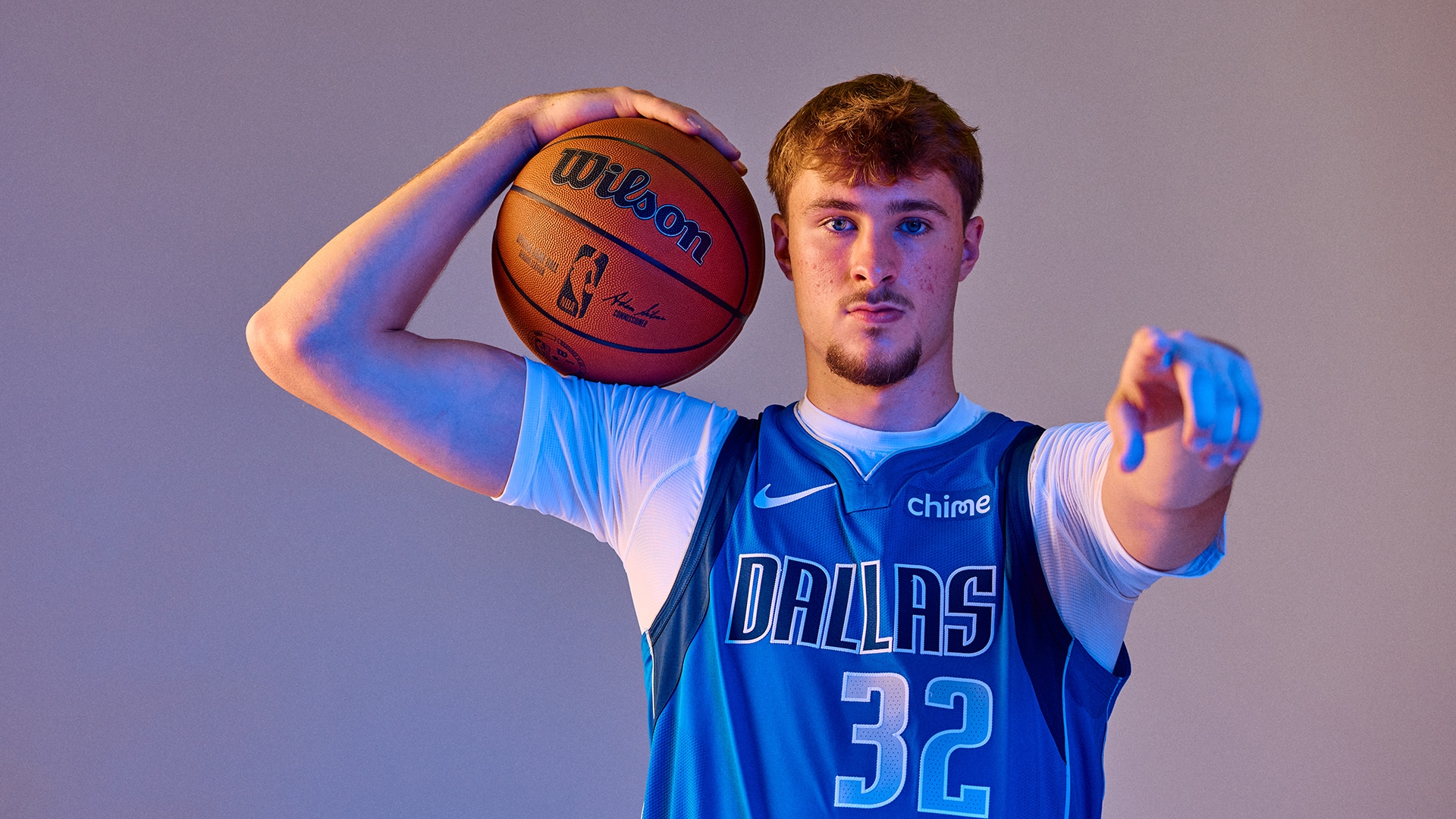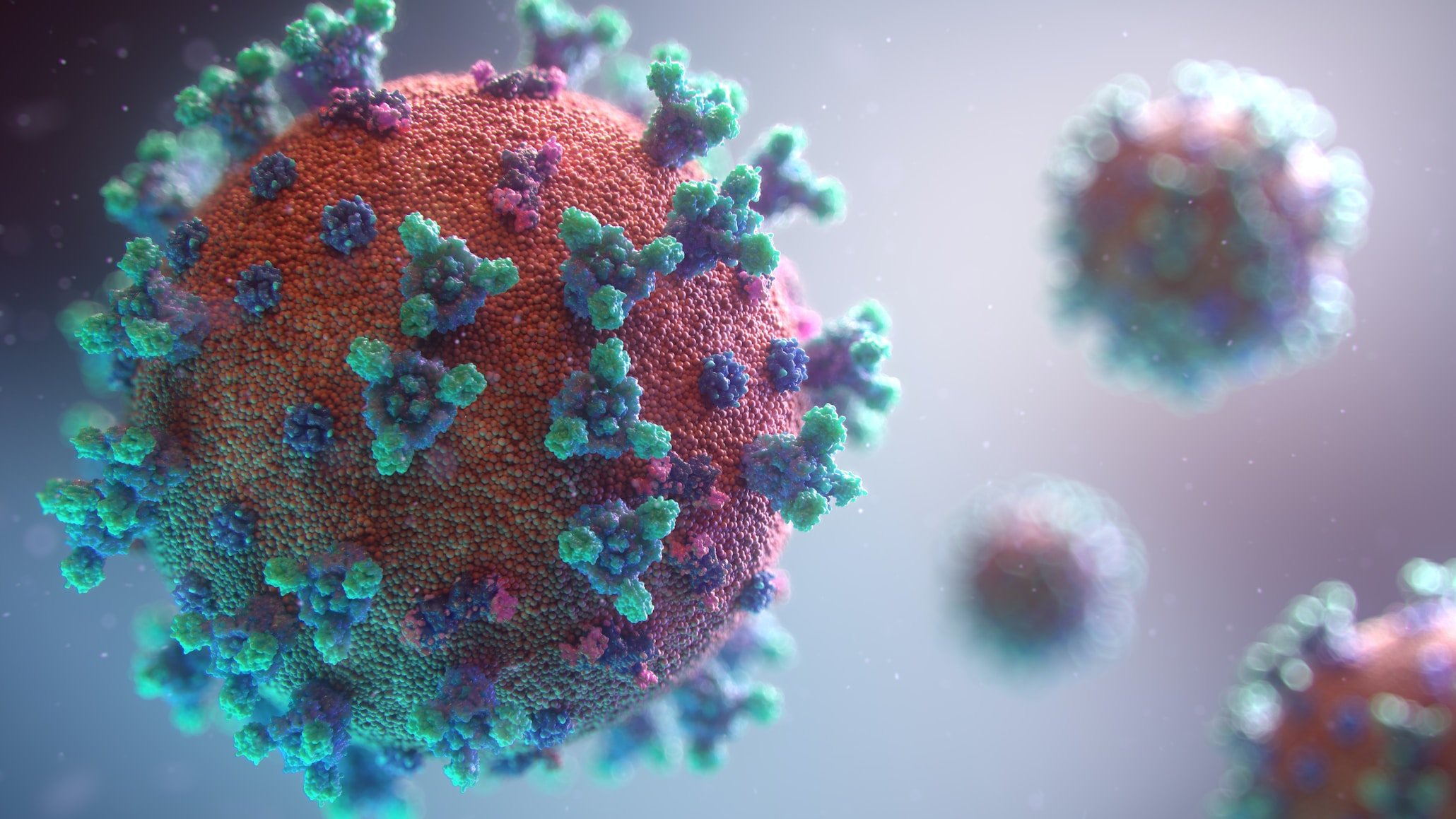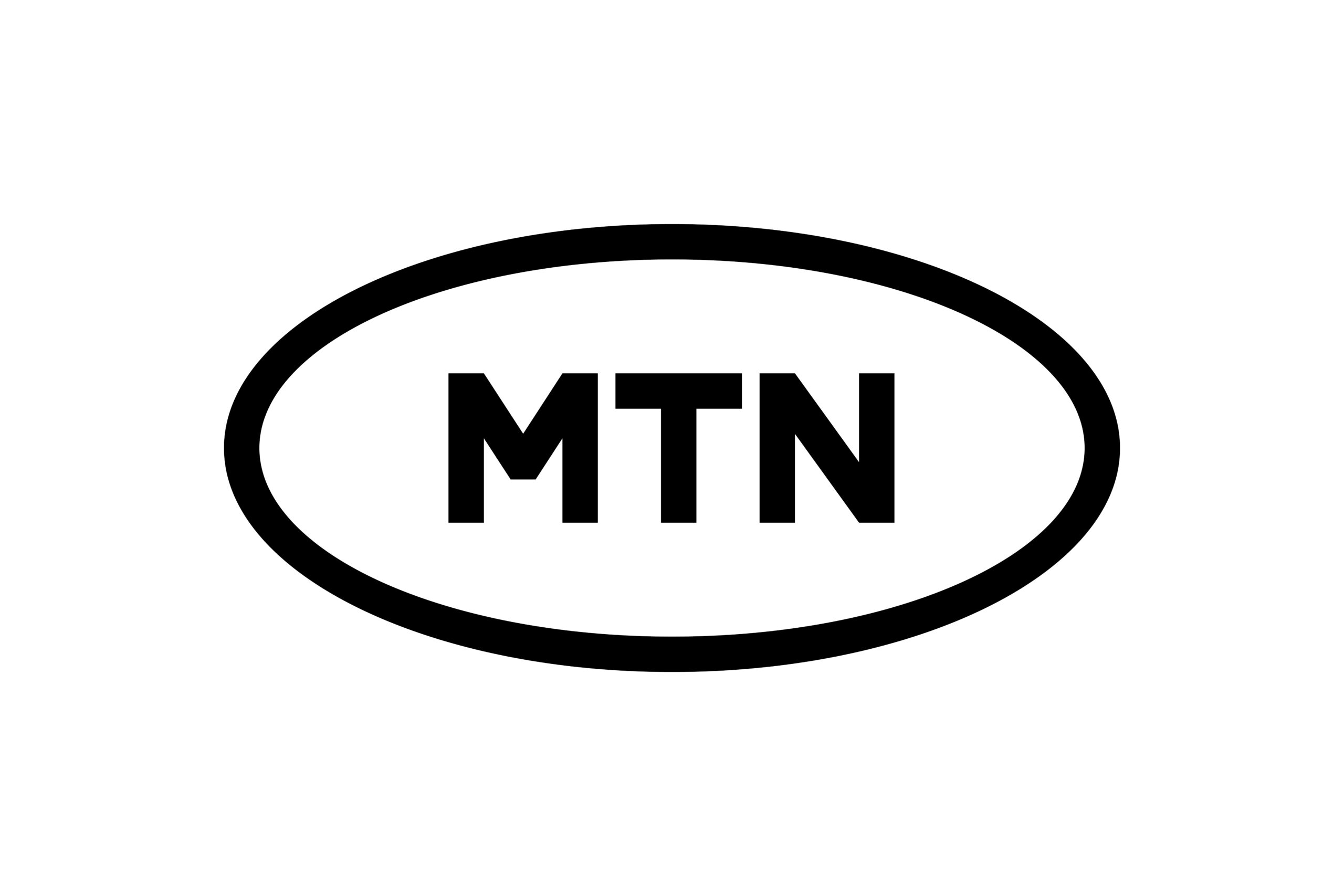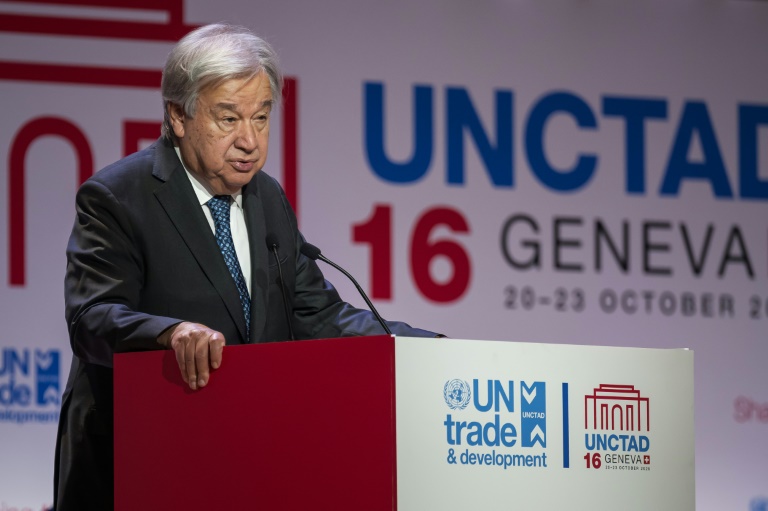In 1995, a young Colombian artist released an album that would change Latin pop music forever. Shakira’s Pies Descalzos was a hit, introducing the world to her expressive lyrics, Continue Reading
Blog
-

Celebrate the Anniversaries of Shakira’s Landmark Albums With Spotify-Exclusive EP and Video Special — Spotify

Mental exercise can reverse a brain change linked to aging, study finds
Scientists are reporting the first compelling evidence in people that cognitive training can boost levels of a brain chemical that typically declines with age.
A 10-week study of people 65 or older found…
Continue Reading

Kia Rookie Ladder: Who’s primed to challenge Cooper Flagg?
The top two overall picks in the 2025 NBA Draft, Dylan Harper and Cooper Flagg are primed for their NBA debuts.
From the pundits to the oddsmakers to the actual NBA talent scouts, the consensus is unwavering: Dallas’ Cooper Flagg is the heavy…
Continue Reading

Hepatitis B reactivation is rare after switching from tenofovir, two European studies show
Two large studies of people switching to tenofovir-sparing regimens presented at the 20th European AIDS Conference (EACS 2025) in Paris show that hepatitis B reactivation is a rare event after the hepatitis B-suppressive drug is removed.
Hepatitis…
Continue Reading

UNICEF and GSMA unite with partners to launch Africa taskforce on Child Online Protection to safeguard children in the digital age |
UNICEF and GSMA have launched the Africa Taskforce on Child Online Protection (COP), the first of its kind, to strengthen children’s safety, rights and wellbeing in the digital world.
Launched at MWC25 Kigali, the Taskforce will serve as a multi-stakeholder platform to lead, coordinate and advance child online protection efforts across Africa, while helping to build national and regional capacity to keep children safe online.
The launch follows the GSMA’s June 2025 whitepaper, Enhancing Child Online Protection in Sub-Saharan Africa, developed in collaboration with UNICEF and regional partners. The whitepaper called for strengthened action from governments, industry, civil society, and youth to build safer digital environments for children, and directly recommended the establishment of this Taskforce as a mechanism to drive implementation.
As more children across Africa come online – at one of the fastest rates globally – they face increasing risks ranging from cyberbullying and exploitation to misinformation and exposure to harmful content. Africa’s mobile-first landscape, rapid technological change, and growing youth population present both opportunity and risk. With the continent’s unique digital landscape, the rapid evolution of Artificial Intelligence and a growing youth population, the need for a homegrown, African-led approach to child online protection has never been more urgent.
“As Africa’s children step boldly into the digital world, their safety must come first. The Africa Taskforce on Child Online Protection is a uniquely African platform to ensure technology shields children from harm while opening doors to learning, play, and growth,” said UNICEF Regional Director for Eastern and Southern Africa, Etleva Kadilli. “By uniting governments, partners, and young people, we can make safety the foundation of Africa’s digital future.”
The taskforce will bring together partners from across the mobile industry, technology sector, regulatory bodies, law enforcement and civil society to strengthen cooperation and drive the implementation of existing regional frameworks and policies.
Caroline Mbugua, Director of Public Policy at GSMA Africa, added: “The Taskforce marks an important step from strategy to action, turning the whitepaper’s recommendations into tangible regional progress. By working alongside UNICEF, governments, industry, and youth representatives, we aim to embed safety into Africa’s digital transformation journey and ensure children’s voices shape the policies that define their future. Together, we will strengthen digital governance, promote safety by design, and ensure that children and young people’s voices shape the policies that define Africa’s digital future. By working in partnership, we can position Africa as a global leader in child-centred digital governance.”
To date, the Africa Taskforce on Child Online Protection brings together a diverse coalition of partners, including Axian Telecom, Child Helpline International, INTERPOL, International Centre for Missing and Exploited Children (ICMEC), Internet Watch Foundation, MTN Group, MtotoNews, Orange, Paramount Africa, Safaricom, Vodacom Group and Youth Representatives from Nigeria and Rwanda.
Young people who contributed to the whitepaper’s consultations – including youth advocates such as 19-year-old Jemima Kasongo – will continue to play an active role through the Taskforce, ensuring that the perspectives of Africa’s next generation remain central to this work.
Continue Reading

Emily Scarratt: I could have played on, but retirement now is perfect
It was Scarratt’s only game time of the campaign, but she says she feels that her contribution on the sidelines and around the camp was just as crucial as her more obvious involvement in four previous World Cups.
“I genuinely really enjoyed the…
Continue Reading

Global trade system risks coming off the rails: UN chief
UN Secretary-General Antonio Guterres said global debt was soaring (Fabrice COFFRINI) The rules-based international trade system is in danger, UN chief Antonio Guterres warned Wednesday, amid spiralling debt, heavy tariffs and financial…
Continue Reading

Verifying aftermath pictures of devastating Uganda bus crash – BBC
- Verifying aftermath pictures of devastating Uganda bus crash BBC
- Uganda road crash leaves more than 40 dead BBC
- At least 63 killed in multi-vehicle crash in western Uganda: police TRT World
- ‘Head-on’ bus collision kills 46 in Uganda The…
Continue Reading
Zenocutuzumab Shows Clinical Benefit in Rare Bile Duct Cancer | AACR
BOSTON – Zenocutuzumab (Bizengri), a bispecific antibody that targets human epidermal growth factor receptor 2 (HER2) and HER3, led to responses in more than a third of patients with neuregulin 1 (NRG1)-positive cholangiocarcinoma, according to results from the phase II eNRGy clinical trial presented at the AACR-NCI-EORTC International Conference on Molecular Targets, held October 22-26.
Cholangiocarcinoma, a rare type of cancer diagnosed in about 2,000 to 3,000 people each year in the United States, originates in bile ducts, which are part of a network of tubes inside and outside the liver and which transport bile to the gallbladder and small intestine. Fewer than 1% of cholangiocarcinomas are NRG1-positive, meaning the tumors harbor NRG1 fusion proteins that activate cancer-promoting cellular processes, explained Alison Schram, MD, a medical oncologist at Memorial Sloan Kettering Cancer Center.
“NRG1-positive cholangiocarcinomas are typically aggressive. The most common first-line treatment for advanced cholangiocarcinoma is chemotherapy with immunotherapy, but the disease inevitably progresses,” Schram said. “NRG1-positive tumors usually lack other tumor drivers that might qualify them for approved targeted therapies, and there are very few effective treatments available to these patients after first-line chemoimmunotherapy stops working.”
Zenocutuzumab is a bispecific antibody that targets both HER2 and HER3, which are proteins on the cell surface that regulate cell growth. NRG1 fusion proteins bind to HER3, inducing structural changes to HER3 that facilitate HER2-HER3 complex formation, which activates downstream growth signaling. By targeting both HER2 and HER3, zenocutuzumab is designed to block the formation of the growth-promoting HER2-HER3 complex, as well as the interaction between HER3 and NRG1 that promotes the formation of this complex.
To evaluate the clinical efficacy of zenocutuzumab, Schram and colleagues are participating in the international, phase II eNRGy trial, which has enrolled patients with various NRG1-positive solid tumors. Earlier results from the trial supported the U.S. Food and Drug Administration (FDA) approval of zenocutuzumab in 2024 to treat certain NRG1-positive lung and pancreatic cancers.
The eNRGy trial enrolled 22 patients with advanced, NRG1-positive cholangiocarcinoma who had received or were ineligible for prior treatment. The median age of these patients was 57 years, and 91% of patients had received prior systemic therapy.
Here, Schram presented results from 19 patients with NRG1-positive cholangiocarcinoma who were included in the efficacy analyses. After a median follow-up time of 15.2 months, seven of these patients had experienced a partial response to zenocutuzumab, for an overall response rate of 37%. Responses lasted a median of 7.4 months, the median progression-free survival was 9.2 months, and median overall survival had not been reached at the time of data cutoff.
Among 16 patients whose blood concentration of the cancer antigen 19-9 (CA19-9, a cancer biomarker for cholangiocarcinoma) was measured before and after treatment, all 16 experienced declines in CA19-9 levels, including 11 patients who experienced declines of at least 50%.
Declines in cancer biomarkers, such as CA19-9, serve as useful adjuncts to support the anticancer activity of the therapy, Schram noted.
Most adverse events were grade 1 or 2. The most common grade 3 or 4 adverse events were anemia, low levels of magnesium, and increased levels of gamma-glutamyl transferase.
“These data suggest that the benefit of zenocutuzumab extends beyond the FDA-approved indications of lung and pancreatic cancer to cholangiocarcinoma,” said Schram. “Zenocutuzumab is a potential new treatment for patients with NRG1-positive cholangiocarcinoma, which is a patient population that has significant unmet need.”
A limitation of the study was the small sample size. However, Schram noted, “It is challenging to conduct clinical trials for rare cancer types and for tumors driven by rare genomic alterations like NRG1 fusions, but it is not sufficient to extrapolate from tumors with different molecular characteristics. It is increasingly evident that tumors driven by rare genomic alterations have distinct biology and respond differently to standard therapies.”
The study was supported by Merus and Partner Therapeutics. Schram has served on the advisory boards of Relay Therapeutics, Mersana Therapeutics, Merus, Partner Therapeutics, PMV Pharma, Schrodinger, Repare Therapeutics, Revolution Medicines, Endeavor BioMedicines, Day One Biopharmaceuticals, TransCode Therapeutics, and Guardant Health; has consulted for Blueprint Bio, Flagship Pioneering, Redona Therapeutics, Pro Clinical Solutions, and Guidepoint; has served on steering committees for Merus, Pfizer, and Relay Therapeutics; has had speaking roles for Ovarian Cancer Research Alliance and STOP Cancer; has received research funding to her institution from AstraZeneca, ArQule/Merck, BeiGene/SpringWorks, Black Diamond Therapeutics, Boehringer Ingelheim, Elevation Oncology/Concentra Biosciences, Kura Oncology, Lilly, Merus, Northern Biologics, Partner Therapeutics, Pfizer, Pheon Therapeutics, PMV Pharma, Relay Therapeutics, Repare Therapeutics, Revolution Medicines, and Surface Oncology/Coherus Oncology; has received food and beverage from Puma Biotechnology, Repare Therapeutics, and Boehringer Ingelheim; and continuing medical education from WebMD.
Download a photo Schram
Continue Reading

Football: Mohamed Salah headlines nominees for men’s Player of the Year at CAF Awards 2025
Mohamed Salah is among 10 footballers nominated at the CAF Awards 2025 for the men’s Player of the Year award.
The Egyptian national team captain is up for the top award at the African football awards ceremony, which will be held on an…
Continue Reading